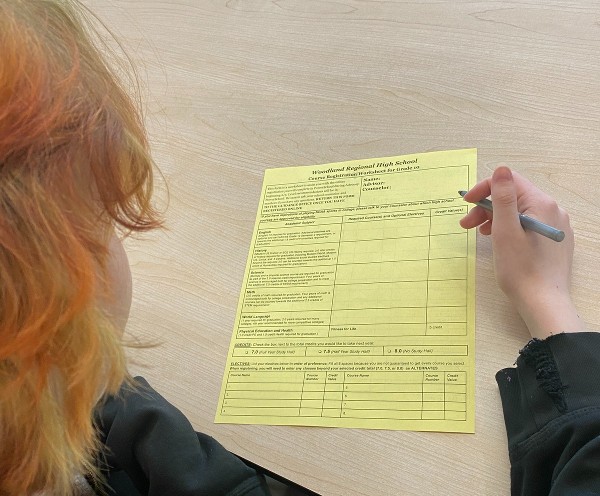More than 76 million doses of 2015 influenza vaccinations have been distributed so far this year. And, every year the United States experiences a seasonal flu epidemic. The flu season normally begins as early as October. Therefore, with flu season coming upon us, it is important to know how to prevent the flu and how to treat it if you have the unfortunate chance of acquiring it.
Flu symptoms include: coughing, sore throat, runny or stuffy nose, body aches, headache, chills, fatigue, sometimes diarrhea and vomiting, and in some cases, a fever.
An important flu precaution is the flu vaccination. Everyone 6 months of age or older should get the flu vaccination. The flu vaccination can be given in two ways: shot or by nasal spray. Finding a place to get a vaccine is as easy as entering your zip-code in the Flu Vaccine Finder. According to the website Flu.gov, by getting the flu vaccine, one is 60% less likely to need treatment for the flu by a doctor.
Everyday steps that can help prevent the flu and the spread of germs are:
Step 1: Wash your hands often with soap and water.
Step 2: Avoid touching your eyes, nose or mouth with your hands to prevent germs from spreading.
Step 3: Try to avoid all contact with people that already have the flu.
Step 4: Get in the process of good health habits such as getting plenty of sleep and exercise, controlling your stress level, drinking plenty of water and trying to stay away from unhealthy foods.
Step 5: Always cover your nose and mouth when coughing or sneezing.
If you do happen to get the flu, however, curing the flu can be done with or without medication. One should stay home for at least 24 hours after the fever subsides,unless you must leave to get medical care. Treating flu symptoms without medication can be done by getting plenty of rest as well as drinking lots of fluid so your body can rehydrate. Placing a cool towel or washcloth on your forehead to reduce a fever or covering up with a warm blanket to calm chills are also flu-curing methods. Also, placing a humidifier in a room can help make breathing easier and gargling salt water often soothes a sore throat.
If you choose to see a doctor about your symptoms they may prescribe antiviral medications which work to make your illness better and also prevent any serious complications.
A doctor however, will only prescribe antibiotics if the flu has progressed into a bacterial infection. In some cases, the flu can cause bacterial infections if it is not treated properly.
Proper treatment is important if one happens to come down with the flu.
As flu season approaches, one can ensure their health by staying knowledgeable about this sickness.


















